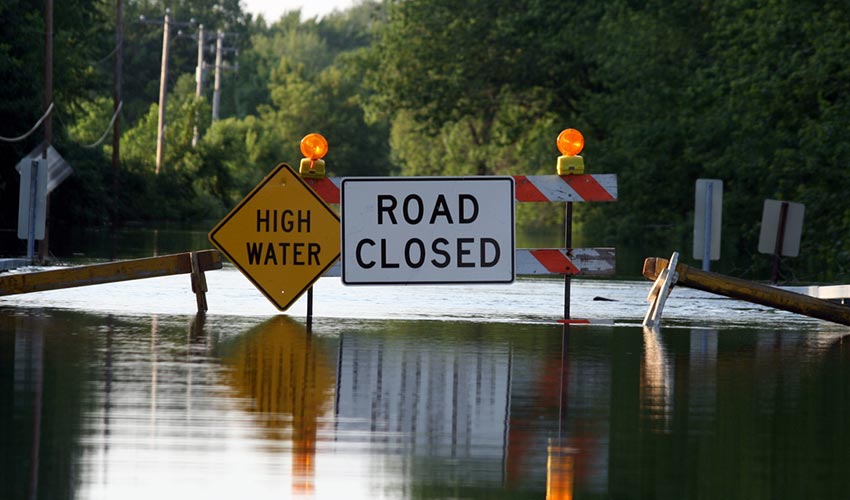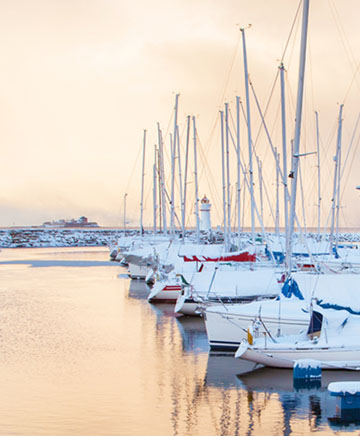Marine Insights
Taking precautions can help prevent an incident from occurring

Builders’ Risk: Water Damage or Flood?
Addressing the risks, understanding the coverage for damage and mitigating the exposures
Hear from our marine insurance experts

Maintaining your Marina in the Winter
Extreme cold temperatures, snow, sleet and freezing rain can create special safety hazards for both your workplace and workers. Chubb’s Marine Risk Management team offers tips on how to prepare & maintain your marina in cold weather.
Help navigating marine liability risks
Resources
Chubb Marine Facilities loss control specialists are pleased to provide with you with this exclusive publication on guidelines for developing and implementing a hurricane emergency action plan.
Chubb’s specialists acknowledge the expanded risks behind public-private partnerships as well as how the structure impacts the risk transfer available through insurance for the different phases of a long-term project.
Construction operations that experienced shutdown or slowdown may require additional planning and design as activity is increased. To assist in construction projects that are getting restarted, Chubb offers this preparedness checklist.
Construction managers and other contractors may be required to suspend a construction project for a prolonged period of time, potentially posing a hazard to the public and creating property damage exposures for the construction firm. This blog identifies why it’s critical for the company to focus its efforts on preserving the property and protecting investments.
Marine Facilities insurance must not only protect against risks that occur in water, but also on land. Chubb’s Marine Facilities team offers these recommendations to help marina/yacht club owners, boat dealers, and boatbuilders navigate those risks effectively.
Chubb’s loss control specialists provide a checklist for the nine key points for maintaining a safe marina: launch areas, fueling, buildings/structures, housekeeping, storage, docks, burglary and theft prevention, fire protection and general maintenance.
Many marina and yacht club owners prepare for haul out and winterization services before the fall. Chubb’s checklist is a guideline on preparing marinas for the off season with a focus on general safety, self-propelled trailers, mobile boat hoists, marine forklifts, blocking and rack storage.
To assist in construction project closures, Chubb offers our tip sheet on how to prepare your property to be closed for an extended amount of time and a checklist on what to secure beforehand on site.
Whether you are gearing up for the high season or conducting routine maintenance, this checklist from Chubb’s loss control specialists may help you identify and reduce the likelihood of an electrical incident that could result in property damage, bodily injury or loss of life.
Chubb Marine Facilities loss control specialists are pleased to provide with you with this exclusive publication on guidelines for developing and implementing a hurricane emergency action plan.









